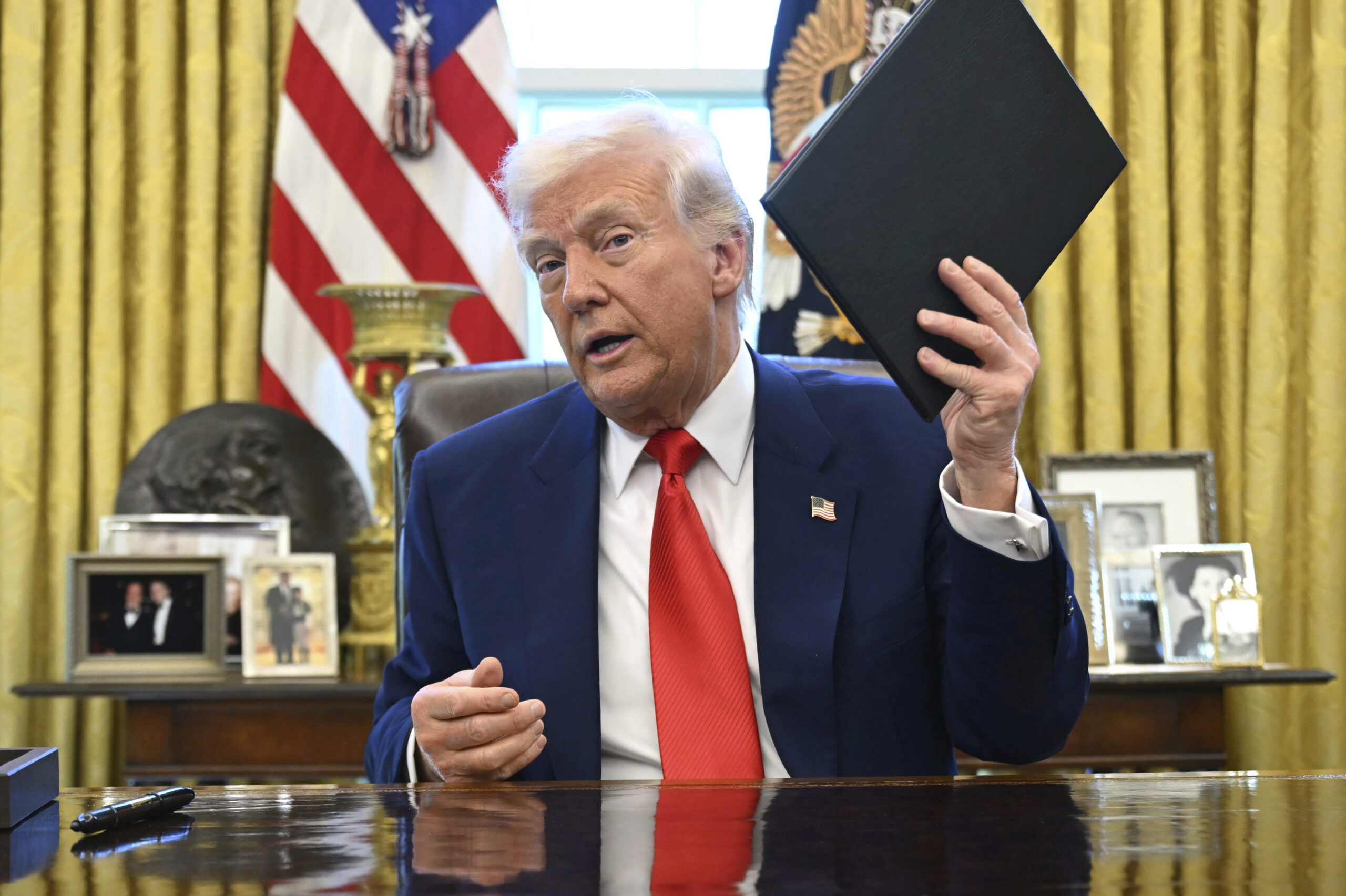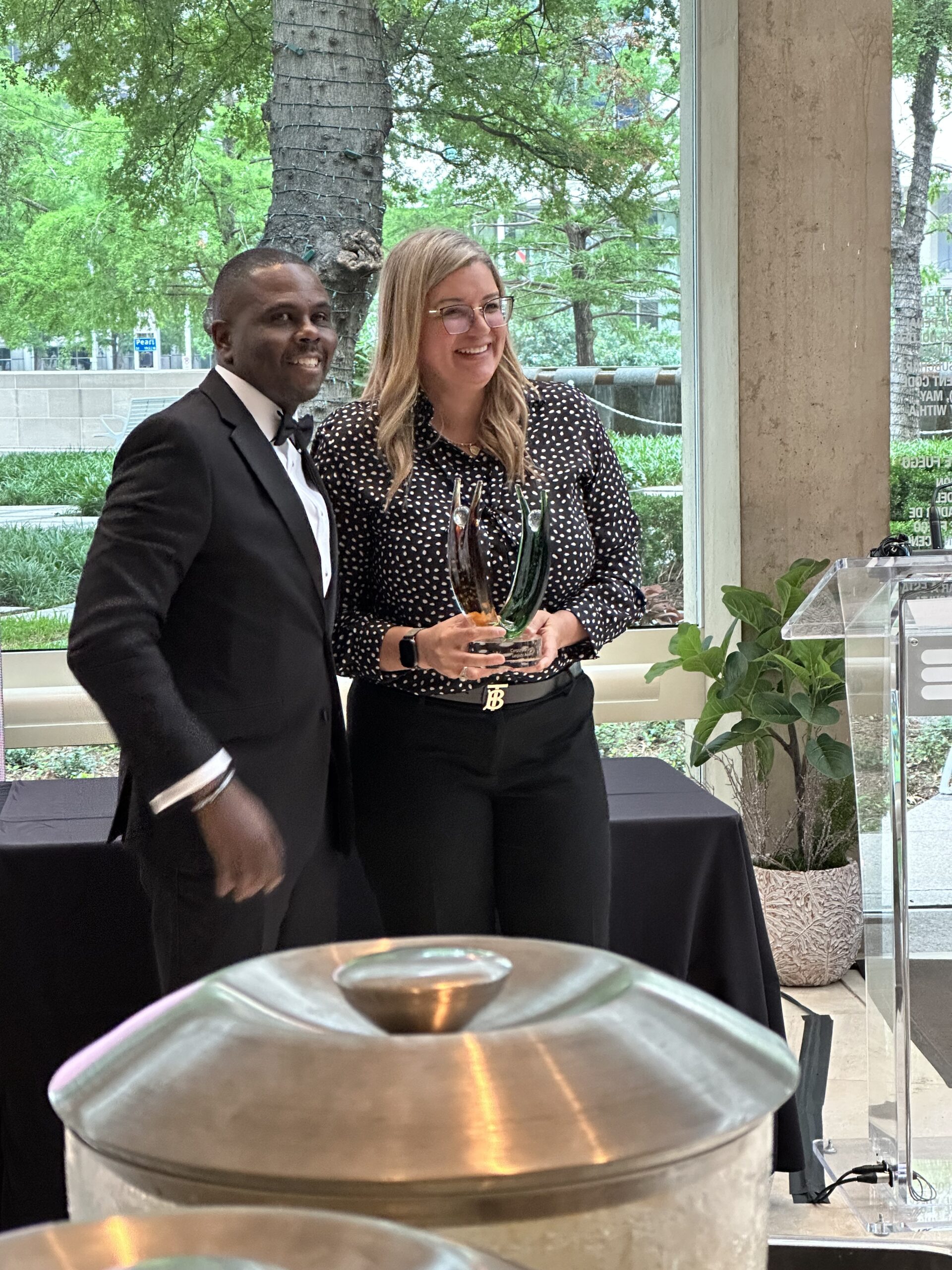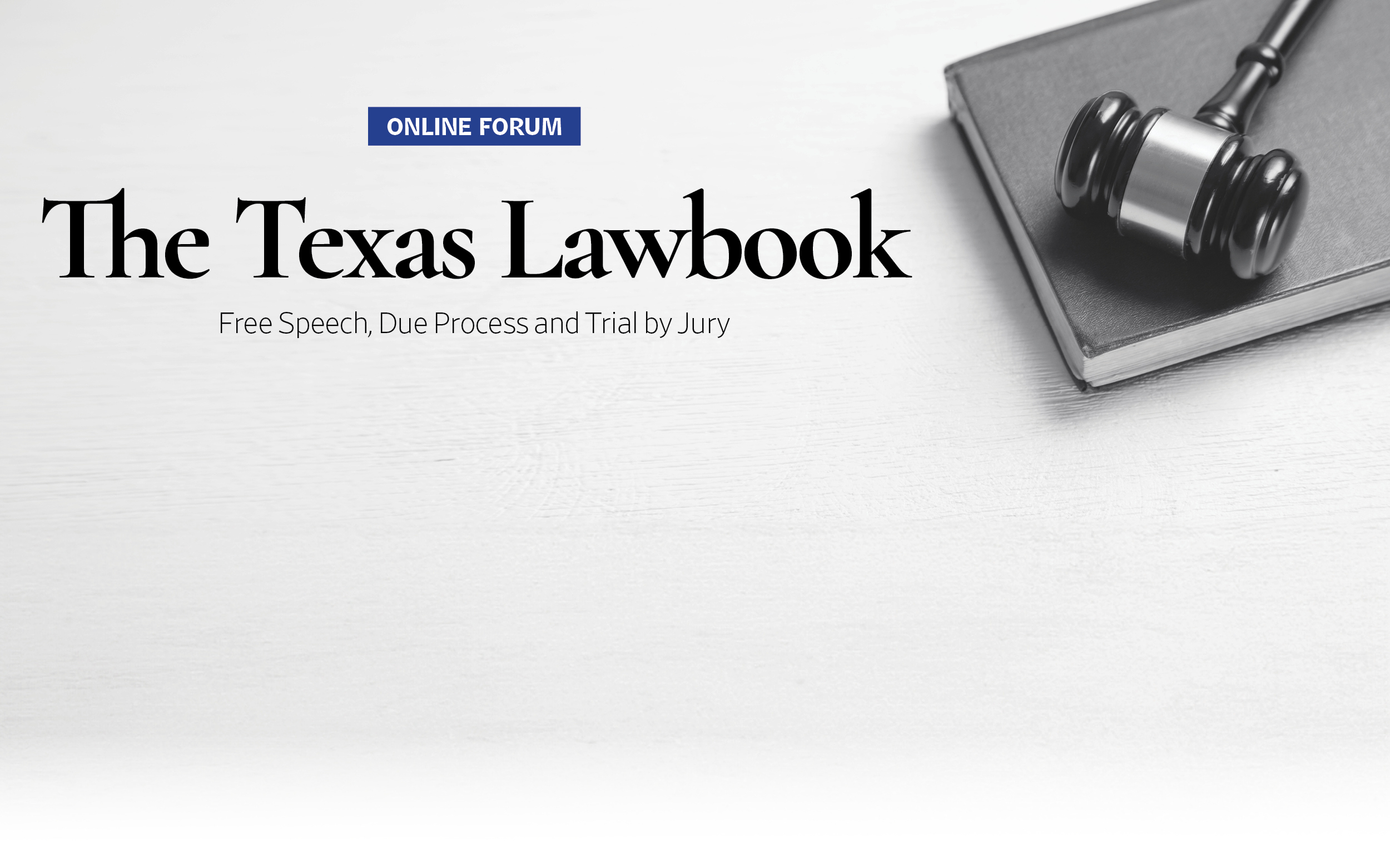Four Law Firms in Texas Cut Deal with White House
Faced with the threat by President Donald Trump of potentially ruinous executive orders, five of the largest and most profitable corporate law firms in the U.S. — including four that have large operations in Texas — reached settlement agreements Friday with the White House that require them to allow an independent outside counsel to monitor their recruiting and hiring practices for possible discriminatory efforts.


